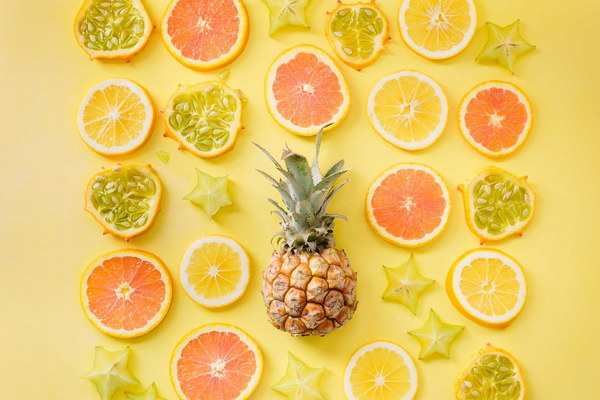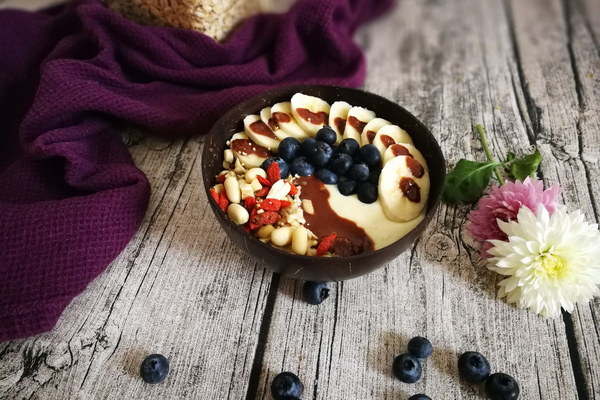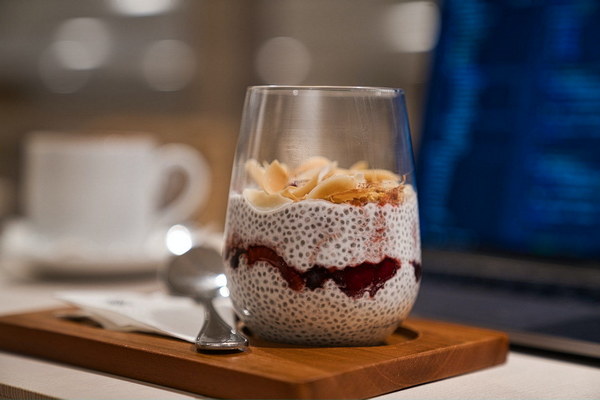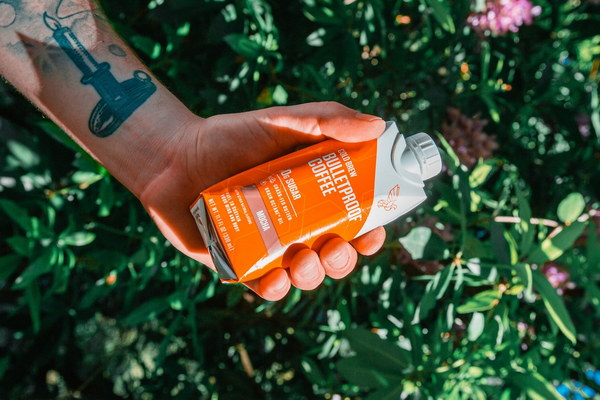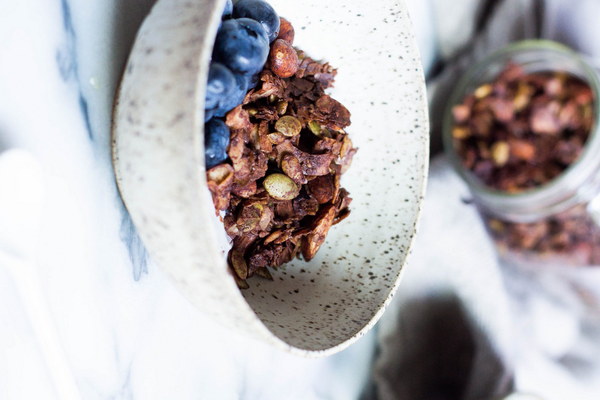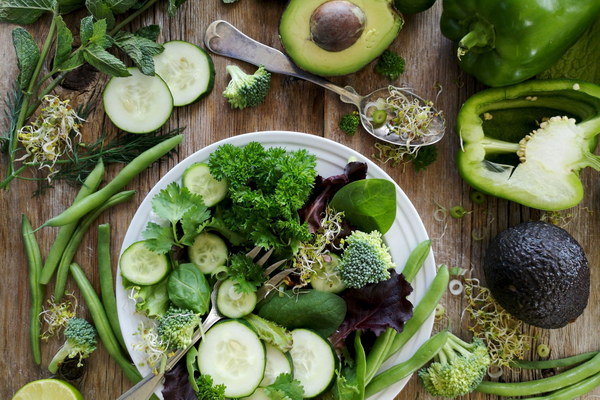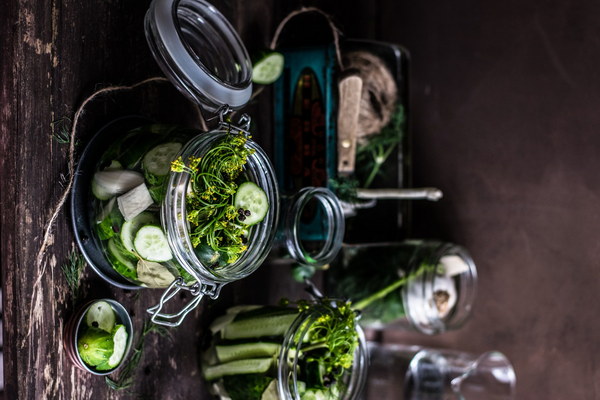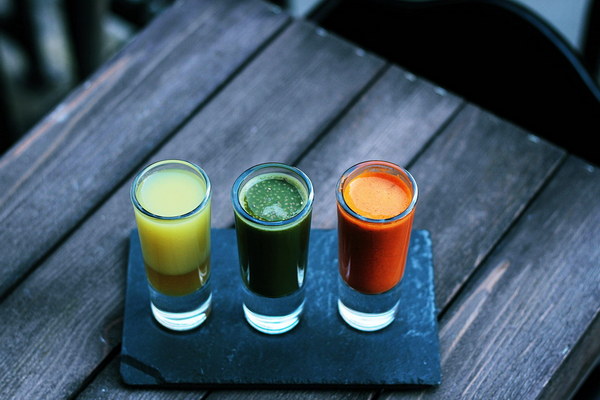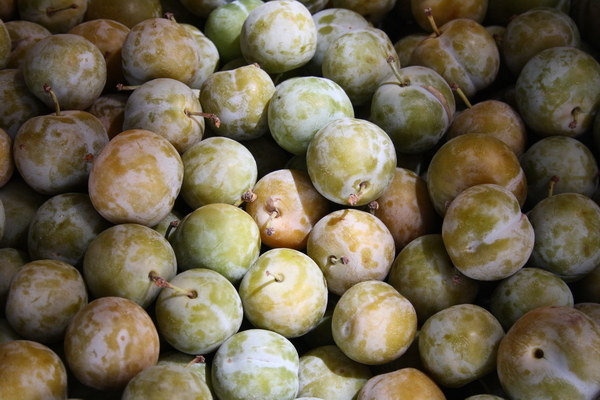Nurturing a Pain-Free Life A Comprehensive Guide to Gout and Kidney Stone Diet Therapy
Gout and kidney stones are two common conditions that can significantly impact an individual's quality of life. While medication is often necessary to manage these conditions, dietary therapy plays a crucial role in alleviating symptoms and preventing complications. In this article, we will explore the ins and outs of gout and kidney stone diet therapy, providing you with a comprehensive guide to help you navigate your journey towards a pain-free life.
Understanding Gout and Kidney Stones
Gout is a form of arthritis characterized by sudden, severe attacks of pain, redness, and tenderness in the joints, most commonly the big toe. It occurs when uric acid crystals form in and around the joints due to high levels of uric acid in the blood. On the other hand, kidney stones are hard deposits made of minerals and salts that form inside the kidneys.
The Role of Diet in Managing Gout and Kidney Stones
Diet plays a vital role in managing both gout and kidney stones. The primary goals of a gout and kidney stone diet are:
1. Lowering uric acid levels to prevent and reduce gout attacks
2. Reducing the risk of kidney stone formation and recurrence
3. Providing essential nutrients to maintain overall health
Here are some key dietary guidelines to help you manage these conditions:
1. Limit Purine-Rich Foods
Purines are substances found in many foods that can increase uric acid levels in the blood. To reduce uric acid levels, it's essential to limit purine-rich foods, such as:
- Red meats (beef, lamb, pork)
- Seafood (anchovies, herring, sardines, mussels, scallops)
- Organ meats (liver, kidney, heart)
- Beer and certain types of wine
2. Increase Water Intake
Drinking plenty of water is crucial for both gout and kidney stone patients. Water helps dilute uric acid in the blood and flush out kidney stones. Aim for at least 8-10 glasses of water daily.
3. Choose Low-Fat Dairy Products
Low-fat dairy products, such as milk, cheese, and yogurt, have been shown to help lower uric acid levels and reduce the risk of gout attacks. However, it's essential to choose low-fat options and avoid high-fat dairy products.
4. Incorporate Fruits and Vegetables
Fruits and vegetables are rich in vitamins, minerals, and antioxidants, which can help manage gout and kidney stones. Some fruits and vegetables that are particularly beneficial include:
- Berries (strawberries, blueberries, raspberries)
- Oranges and other citrus fruits
- Leafy greens (spinach, kale, collard greens)
- Cruciferous vegetables (broccoli, cauliflower, cabbage)
5. Limit Salt Intake
High salt intake can increase the risk of kidney stones and exacerbate gout symptoms. Aim for no more than 2,300 milligrams of sodium per day, or even less if you have high blood pressure.
6. Avoid Certain Foods and Beverages
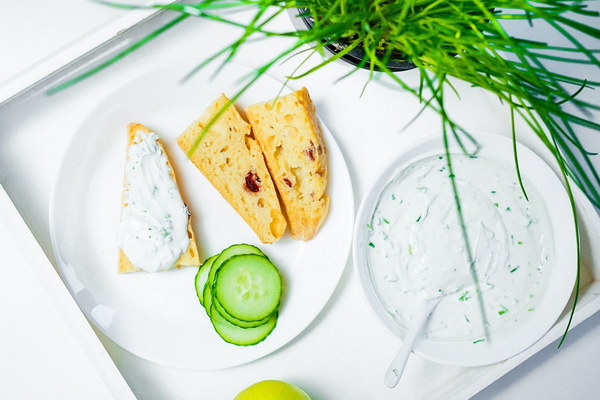
Some foods and beverages can trigger gout attacks or contribute to kidney stone formation. It's best to avoid or limit these, including:
- Alcohol, especially beer and spirits
- Soda, especially those with high fructose corn syrup
- Processed foods, which often contain high levels of salt and additives
7. Maintain a Healthy Weight
Excess weight can contribute to both gout and kidney stone development. If you are overweight, losing weight can help lower uric acid levels and reduce the risk of stone formation.
In conclusion, a well-balanced gout and kidney stone diet therapy is essential for managing these conditions and preventing complications. By following these dietary guidelines, you can help alleviate symptoms, reduce the risk of attacks, and maintain overall health. Always consult with a healthcare professional before making significant changes to your diet or starting a new treatment plan.

